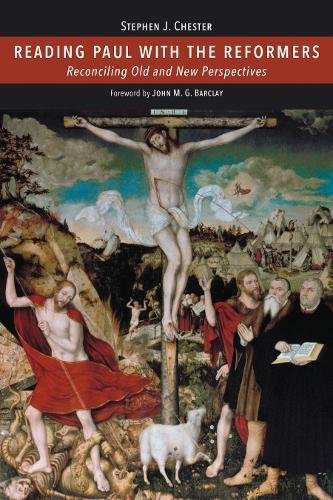Ben. Trying to pin down Luther’s view of Christ’s alien righteousness is more than a little difficult. Sometimes he seems to be talking as if the believer has as his Siamese twin, Christ. They are joined together at the hip, but all the righteousness is in the twin, and none of it is in the believer who still is stuck with being in bondage to sin. On the other hand, when Luther does talk about ‘Christ in us, the hope... Read more








